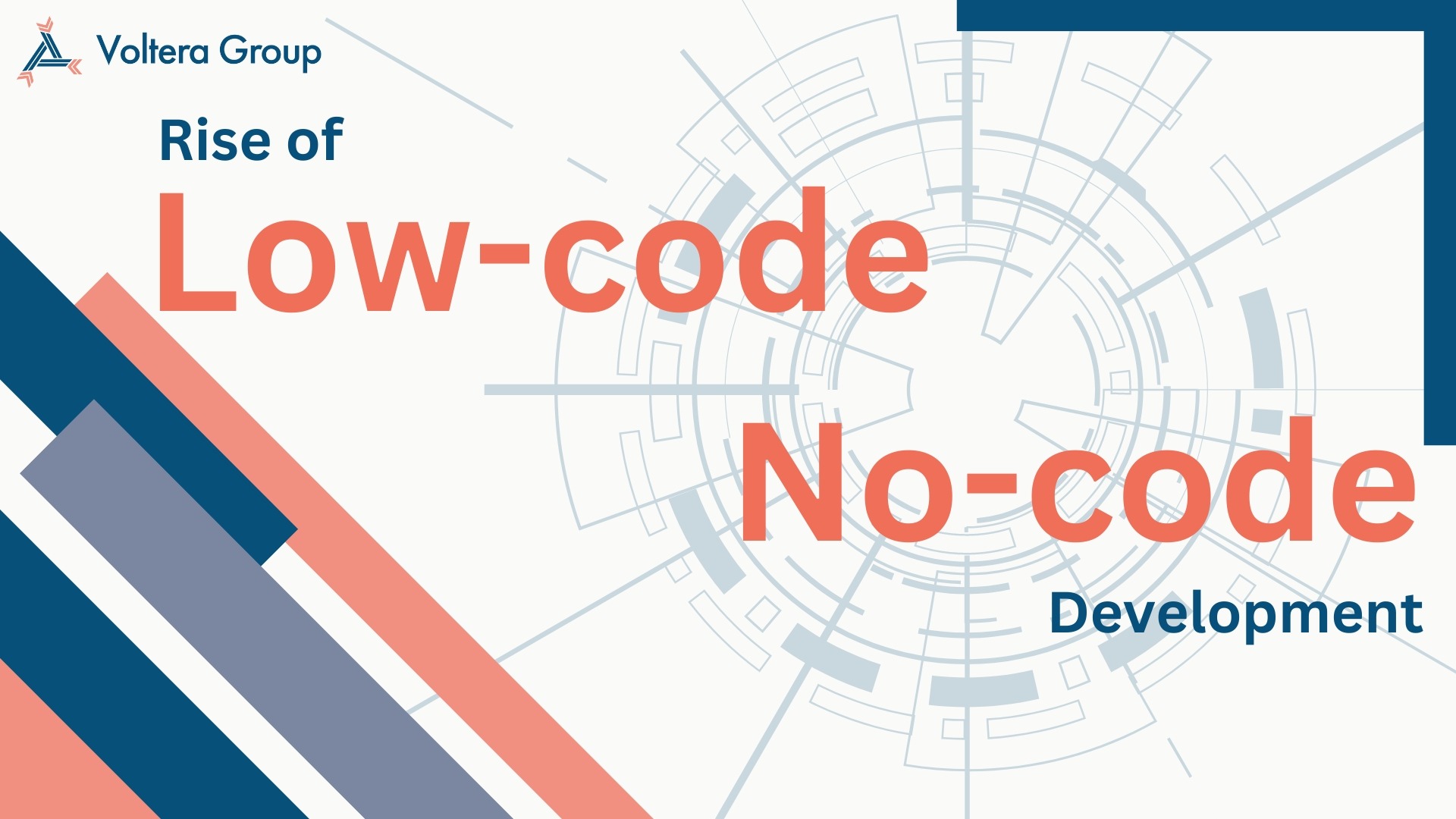Impact on Software Development

The software development process has been significantly impacted by the emergence of low-code/no-code development platforms, which present a number of advantages and opportunities:
Accelerated Development
Compared to traditional coding techniques, low-code and no-code platforms allow developers to construct apps far more quickly. Developers can concentrate on creating user interfaces, specifying business logic and connecting data sources instead of starting from zero while writing code, which speeds up the time it takes to launch new apps.
Enhanced Productivity
Development teams can achieve greater productivity by using low-code/no-code development platforms, which simplify the development process and eliminate the need for manual coding. Faster delivery of high-quality software is possible because developers can iterate quickly, make changes on the fly and test apps in real-time.
Democratisation of Development
The democratisation of software development is one of the most important effects of low-code/no-code development. These platforms let businesses tap into the creativity and innovation of a wider spectrum of people within their company by decreasing the entrance barrier and enabling users with varied degrees of technical ability to create apps.
Flexibility and customisation
These platforms provide a high level of flexibility and customisation, even with low-code/no-code development’s visual component. By connecting to other databases, integrating with third-party APIs and creating custom business logic, developers may increase the functionality of applications and make sure they satisfy the particular needs of each use case.
Collaboration and Alignment
Business stakeholders and IT teams can work together more effectively when low-code/no-code development is used. These platforms facilitate stakeholder feedback and input throughout the development process by offering visual representations of application workflows and features. This helps to ensure that applications effectively satisfy end-user needs.
Opportunities for Businesses and Developers

The emergence of low-code/no-code development and no-code applications offers companies and developers several chances to foster innovation, optimize workflows, and propel digital transformation.
Quick Innovation and Prototyping
Before devoting a substantial amount of money to development, companies may quickly test hypotheses, validate concepts and prototype new ideas using low-code/no-code platforms. Businesses are able to keep ahead of the competition and react swiftly to shifting market demands because of this iterative approach to innovation.
Citizen Development
People with domain knowledge but little coding experience, known as citizen developers, can design apps that meet their own needs with the help of low-code/no-code platforms. Businesses may leverage employee creativity and ingenuity across departments to drive efficiency and innovation from within by facilitating citizen development
Scalability and Growth
Businesses can quickly expand their application development efforts in response to rising demand thanks to low-code/no-code development. Developing applications more quickly and effectively enables businesses to adapt to shifting market conditions, take advantage of new possibilities and promote long-term growth.
Final Thoughts
A new paradigm in software development has emerged with the rise of low-code/no-code development, offering companies and developers a new way to create apps quickly and easily through nocode development tools and platforms. These platforms are revolutionising how businesses create, optimise workflows and propel digital transformation by shortening development cycles, boosting productivity, democratising development and encouraging cooperation. The opportunities for innovation and expansion are endless when companies continue to adopt low-code/no-code development, ushering in a new era of software development that is agile, creative and efficient.





